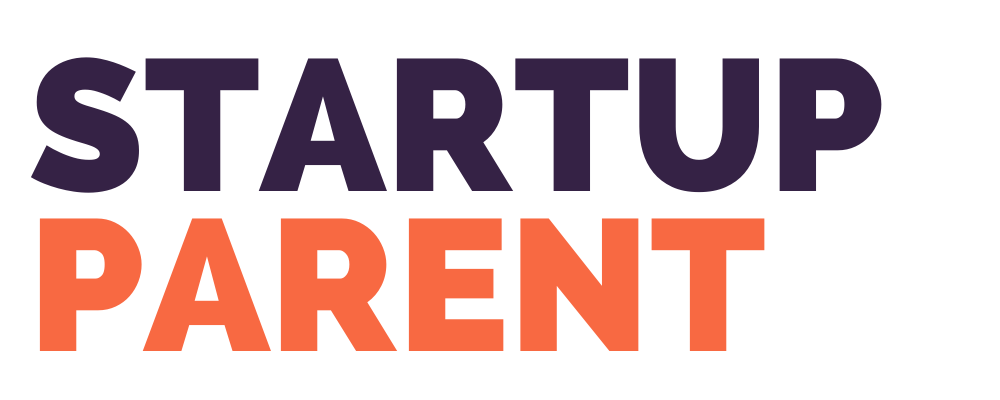Why is the United States the only developed nation without any guaranteed family leave? How did we fall so far behind Europe, Canada, and South America? And who is suffering the brunt of the impact from this lack of policy?
“One in four people {in the US} who give birth go back to work within two weeks. That’s horrendous.” Fabiola Santiago is on a mission with Paid Leave United States (PL+US) to right that wrong and to provide high quality paid family leave for everyone.
Before fighting for this comprehensive leave policy, PL+US had to address several historic blind spots, like: how exactly do we define family to reflect people’s realities and to be more inclusive of “non-traditional” relationships? And how do we expand the type of life events covered in leave policy to accurately serve all types of care-taking and medical needs? And how can we ensure that this type of leave will be universal to all persons in the US?
Today we learn from Fabiola how the current lack of paid leave is most harmful to two groups of already vulnerable populations: women of color and low earners. She shares how our staggering maternal death rate for women of color is exacerbated by a systemic lack of leave and support for new mothers and how low-income earners do not have the flexibility to survive on anything short of full wage replacement.
PL+US is fighting for a leave policy that:
- is 6 months long;
- includes 100% wage replacement, especially for low earners;
- Includes job protection; and
- Expands the definition of family to meet the realities of all Americans.
On today’s episode, we get to talk with Fabiola Santiago about how PL+US bases their policy on the experiences and moral authority of the populations they most desire to serve and protect, about how current leave policy is really an elite privilege granted to white collar workers, and about the “race to the top” in portions of the private sector to attract top talent with top leave policies.
IN THIS EPISODE WE TALK ABOUT
- Why in order to effectively craft a truly universal family leave we must first acknowledge who has historically fallen through the cracks.
- How the “race to the top” to create top-notch family leave policy in the tech sector is actually serving to increase inequality.
- Why six months is viewed as a crucial amount of leave time, especially for new parent and infant well-being.
- How full wage replacement during leave is crucial for the substantial portion of the US living paycheck to paycheck.
- Who the sandwich generation is and how this will influence the shape of effective leave policies.
- The surprising ways doulas and doctors of color can impact maternal mortality rates and how powerful organizations like “Roots of Labor” are bridging the chasm in how we provide inclusive care for all populations
- Why we need to be thinking “more abundantly” in terms of health outcomes for mothers of color.
- How people in power can most effectively use their position to impact family leave policy at their current and prospective companies.
- Why the most important thing men can do is to unapologetically take the entirety of their offered family or “paternity” leave.
Some Quotes From the Episode
- “As family leave becomes a necessary policy for tech companies looking to track top talent, the rest of the country sees inequality growing.”
- “We are one of the wealthiest countries in the world and we don’t have a paid family policy. And that translates to one in four women going back to work within two weeks of giving birth.”
- “For us, it’s simply making sure that every single person that’s living in the U.S. can have the time to be there with their loved ones when they are needed the most.”
- “When people give birth, they need a lot of time to heal and to recover, there are still postpartum appointments to go to. The medical sector will encourage six months of breastfeeding, but if people don’t even have six months off, it makes that really difficult.”
- “We also know that maternal mental health is a real issue happening right now, and not having paid family leave can exacerbate a lot of the stressor that people experience.”
- “Black women are three to four times more likely to die while giving birth or shortly after than white women. What that means is that even a highly educated black woman who has a high-paying job is still more likely to die while giving birth or shortly after than a white woman who is poor.”
- “For the lowest income working people, a 100% wage replacement is a necessity. People across the country are living paycheck to paycheck. The cost of living has increased, and we have a housing crisis. So getting less than what people are earning if they were working full-time is just not going to cut it.”
- “The sandwich generation includes people who are both raising children and caring for their elderly parents. So a comprehensive paid family policy would address and make sure that the person at least has form of leave to care for their loved ones.”
- “If there is a higher unemployment rate in communities of color, that means that that population or that portion of the population is already automatically excluded from even accessing paid family, because you would have to have a job in order to access this.”
The Startup Pregnant Podcast Episode #112
LEARN MORE ABOUT FABIOLA SANTIAGO
Fabiola Santiago is a Campaign Manager at Paid Leave United States (PL+US), an organization whose singular mission is to win high-quality paid family leave for everyone. Fabiola uses her public health and research experience to advance equitable public polices. While at Human Impact Partners, she led a cross-collaborative project that helped pass labor rights policies at the city and state level. She also has vast experience working on housing, education, and criminal justice issues.
RESOURCES MENTIONED IN THIS EPISODE:
- Workplaces Aren’t Paying Attention To The Growing Caretaking Crisis, And It’s Costing Them Talent
- The Caring Company: How Employers Can Cut Costs And Boost Productivity By Helping Employees Manage Caregiving Needs
- PL+US website
EPISODE SPONSOR & SPECIAL OFFER
We have a series of mini-books we wrote just for Startup Pregnant listeners: from Pregnancy Affirmations to the Pregnancy Reading List and the Parenting Reading List, check out all of our Startup Pregnant mini-books at www.startuppregnant.com/minibooks. If you’re on our email list, you can get a free copy of one of the books with our secret codes just for email subscribers!
THE STARTUP PREGNANT PODCAST & HOST
- Sign up for the Weekly Startup Pregnant Newsletter with insights, strategies, and new ideas for working parents.
- Email us at hello@startuppregnant.com and tell us what you think!
- Find us on Facebook, Instagram and Twitter
- Want to sponsor the podcast? We’ve got great sponsors and only one shout-out per episode. We don’t shove tons of ads into our podcast. We only work with awesome.
- Still here? Definitely leave us a review on iTunes. It’s really helpful for the show!

